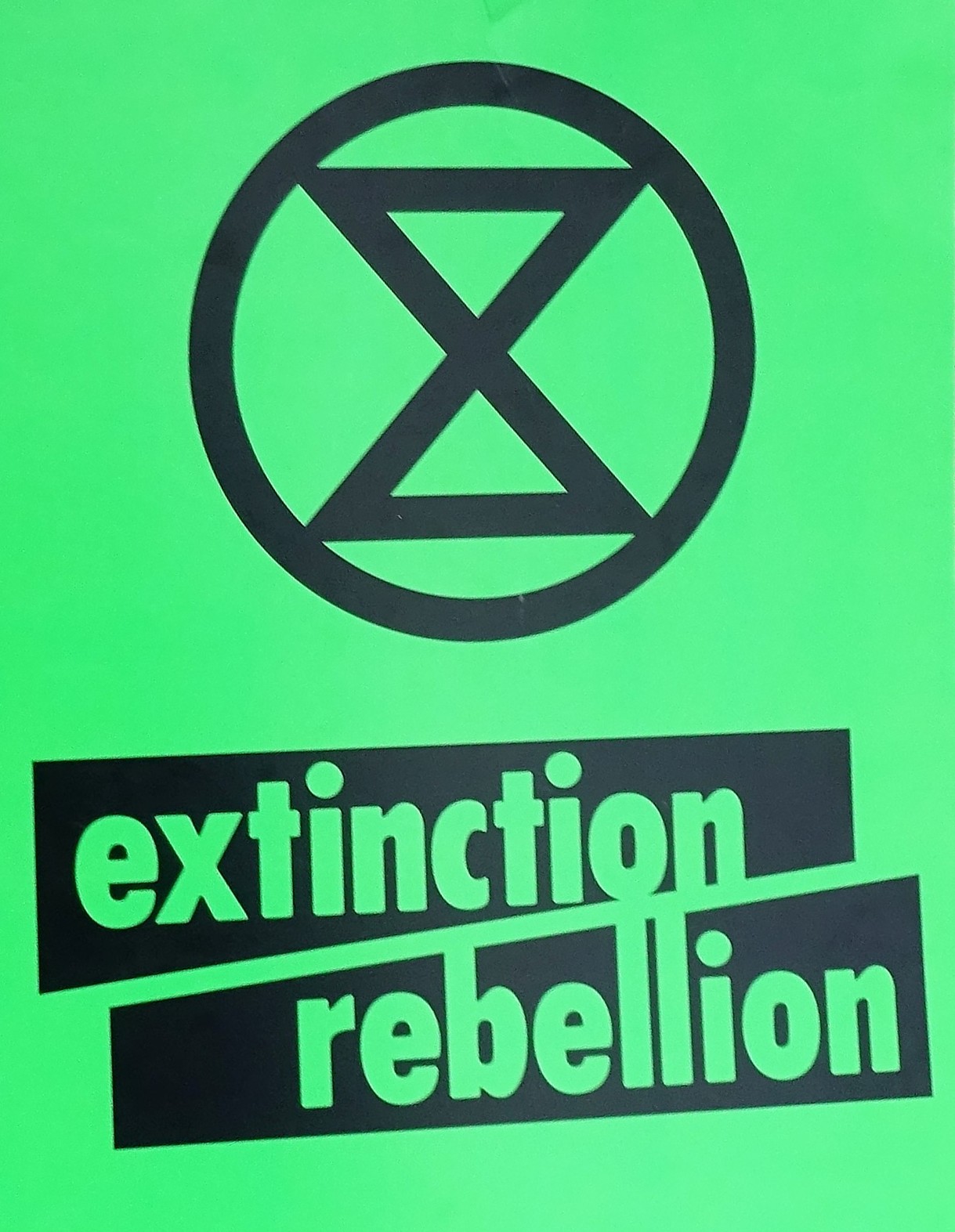Since 2018, Volkswagen has used selective catalytic reduction (SCR) technology in its diesel cars. SCR technology involves adding a solution of ammonia to treat exhaust gas and remove pollutants. The fluid used in most SCR systems is AdBlue, which is stored in the vehicle’s exhaust where it converts nitrogen oxide (NOx) gasses into nitrogen and water. Volkswagen has developed a new SCR system using what the company calls “twin dosing”, in which AdBlue is injected upstream of two SCR converters which are arranged in series, meaning that the NOx conversion process is repeated at a lower temperature, expanding the window for after-treatment of exhaust gases, and preventing excess ammonia slip.
According to Volkswagen, tests have shown that the twin dosing technology reduces NOx levels by about 80 per cent compared to previous SCR models. The company plans to introduce this technology to all models with 2.0 TDI Evo engines, like the Passat and Golf.
This technology could help the company quell consumer emissions concerns. A study conducted by Leeds University’s Institute of Transport Studies showed that the 2016 model of the Volkswagen Polo 1.4 TDI had emitted roughly the same amount of nitrogen dioxide (NO2) per kilometre as a diesel lorry. Volkswagen has been the subject of emissions controversy, following revelations in 2015 that the company had used cheating technology to pass emissions tests without reducing emissions on the road. In recent years the company has attempted to adjust its business model toward a more sustainable portfolio, investing in electric vehicle technology, reported on here, and carbon offsetting programmes for Volkswagen Group members like Porsche, reported on here.
Latest News
-
Holiday firm to fundraise for Alzheimer’s Research UK
-
‘Profits up 25%’ for financial firms that promote philanthropy
-
RSPB partners with estate planning firm to launch its first free will writing service
-
IT firm’s work for social good praised in major ‘impact economy’ study
-
Financial firm planting 140,000 trees to tackle climate change
-
Campaigners urge businesses to step up promotion of payroll giving
© 2019 Perspective Publishing Privacy & Cookies









Recent Stories